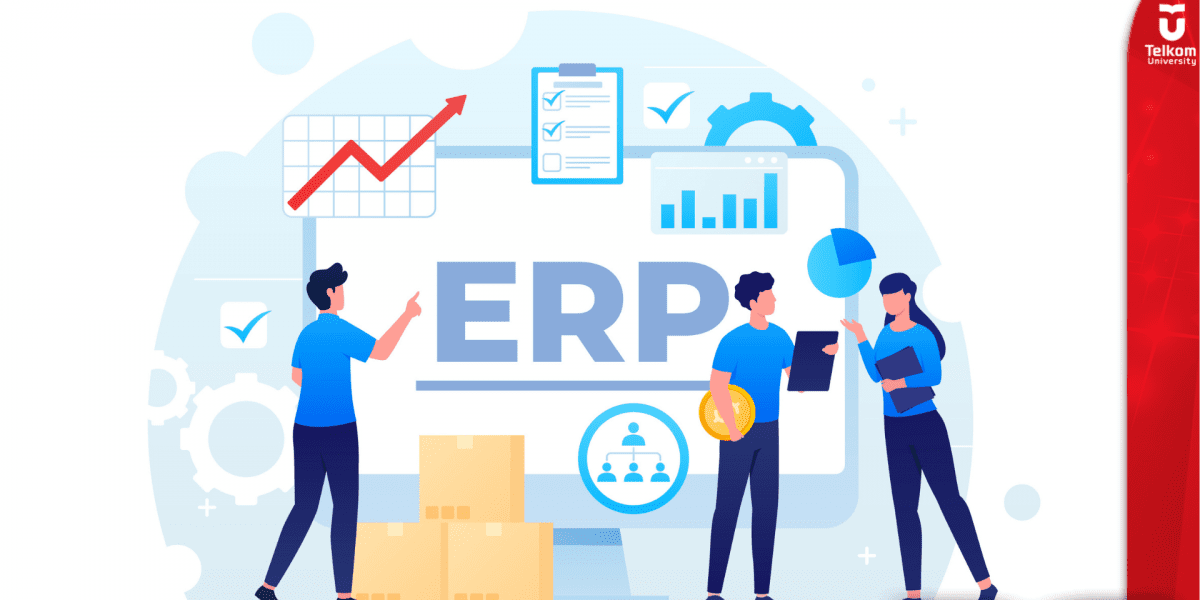Enterprise Resource Planning (ERP): The Complete Guide
Enterprise Resource Planning (ERP) is a software system that integrates various business functions within an organization into one centralized platform. ERP helps companies manage and automate business processes such as finance, production, human resource management, and supply chain. With ERP, all business data and operations can be managed efficiently through one integrated system, allowing for faster and more accurate decision making.
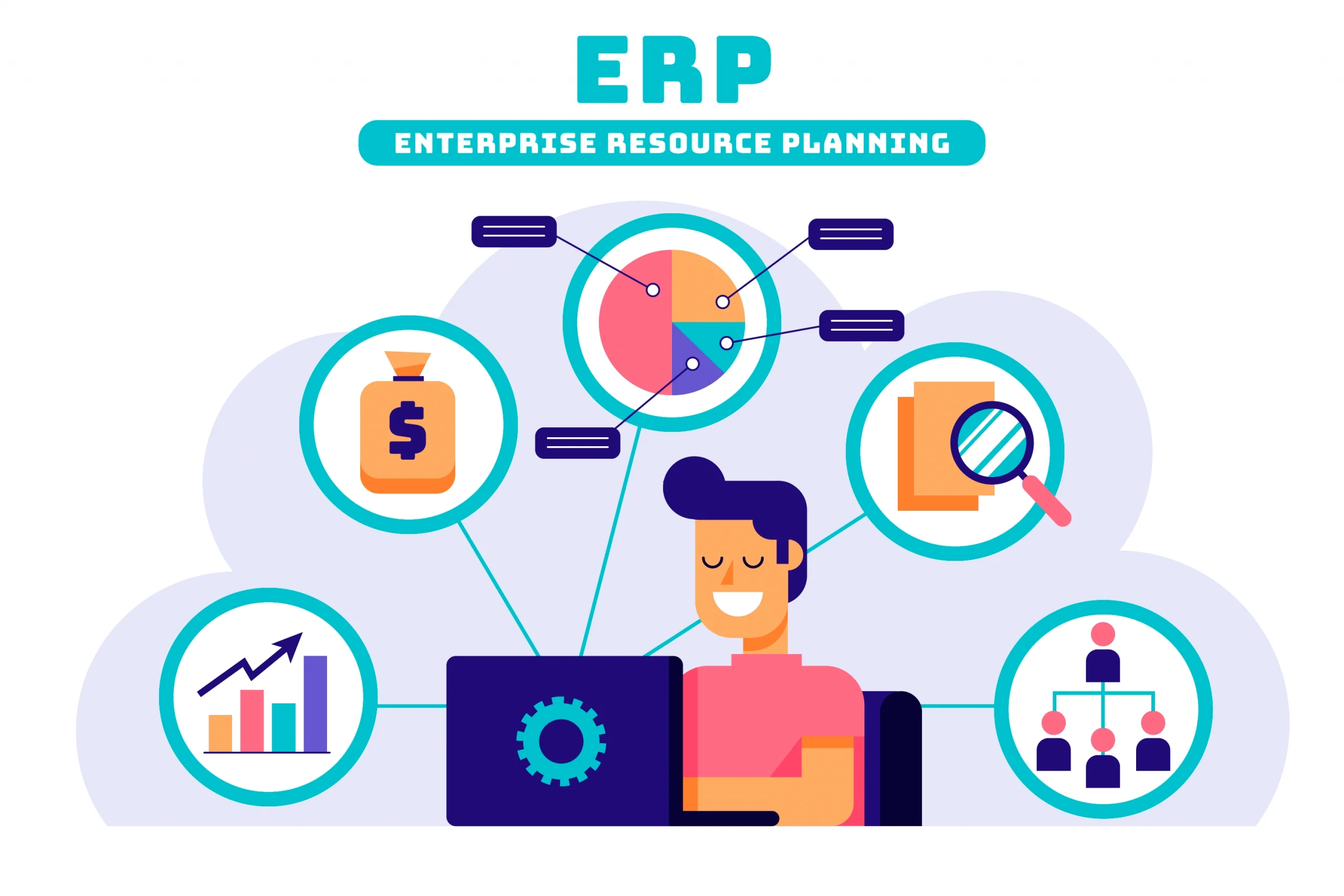
Key Components of Enterprise Resource Planning (ERP)
- Finance: The finance module in ERP manages various financial transactions and reports, including accounting, income tracking, and expense management.
- Human Resources (HR): ERP includes employee management features, such as payroll, talent management, recruitment, and training.
- Supply Chain Management: This module helps in managing inventory, procurement of raw materials, and delivery of goods to customers.
- Production: The production module helps companies manage the manufacturing process, from production planning to quality control and inventory tracking.
- Customer Relationship Management (CRM): This feature manages relationships with customers, including sales, marketing, and customer service.
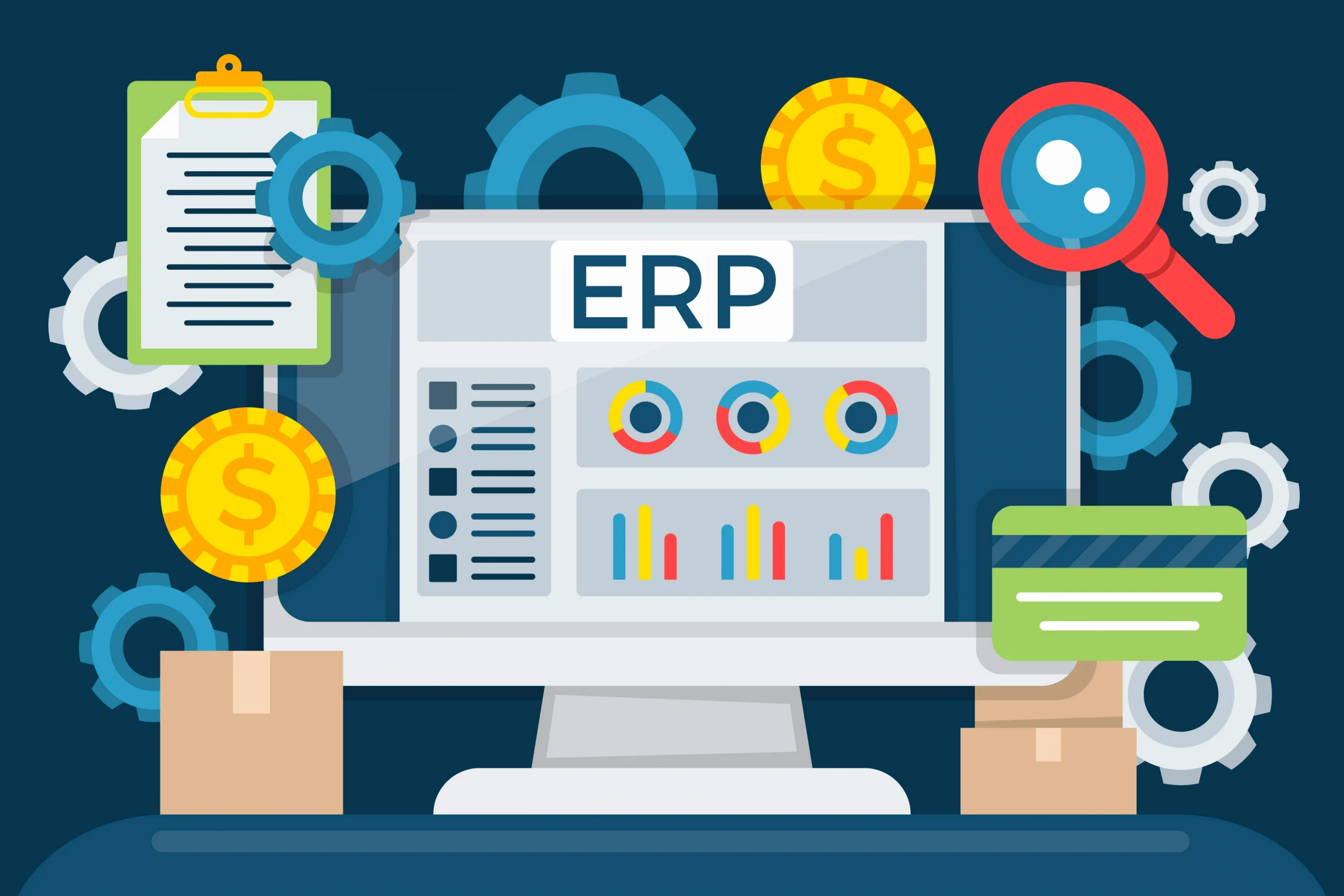
Benefits of Enterprise Resource Planning (ERP)
- Data Integration
ERP brings together multiple departments in one system, allowing for smoother data flow and better collaboration between teams.
- Increased Efficiency
Previously manual business processes can be automated, saving time and reducing errors.
- Visibilitas Real-Time
ERP provides real-time data access, allowing companies to monitor business performance in real time.
- Better Decision Making
With centralized and accurate data, management can make faster and more precise decisions based on valid information.
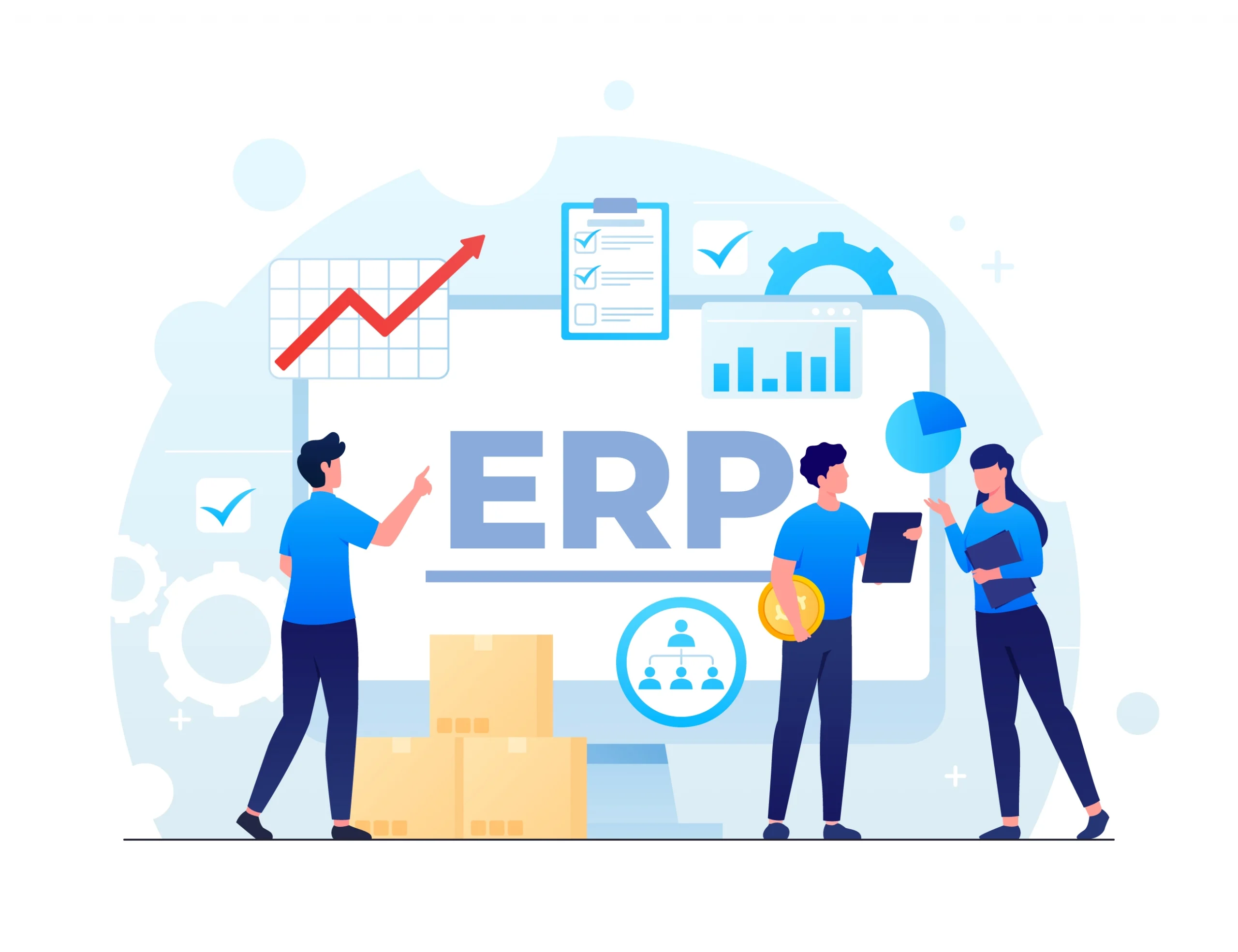
Challenges in Enterprise Resource Planning (ERP) Implementation
- Implementation Costs
Implementing ERP requires large costs, especially for software, training, and process customization.
- Implementation Time
The ERP implementation process can take months to years, depending on the size and complexity of the organization.
- Organizational Culture Change
ERP adoption often requires changes in work processes and organizational culture, which can create resistance from employees.
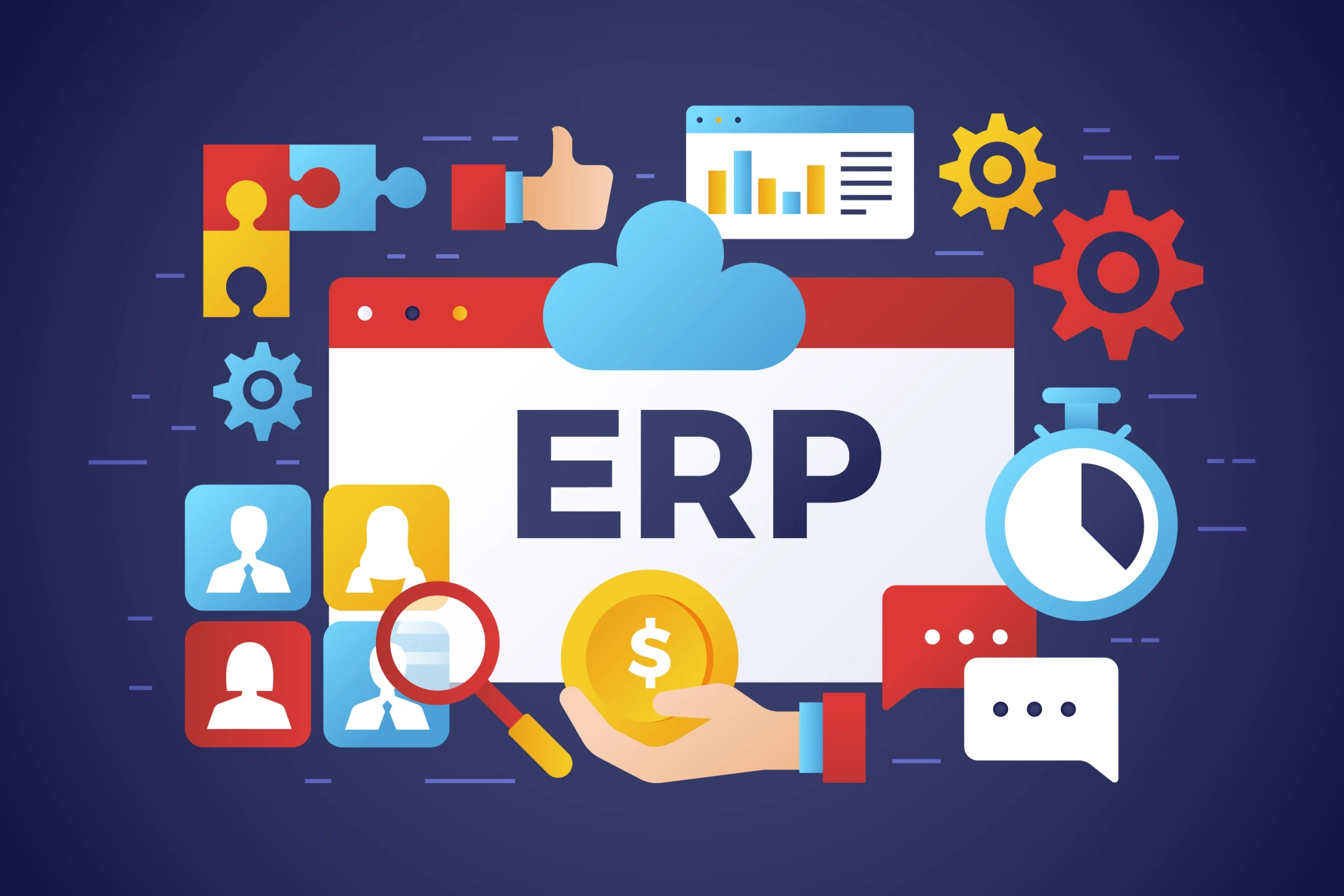
Enterprise Resource Planning (ERP) is a solution that helps companies manage their business efficiently by integrating various functions into one platform. While its implementation can be time-consuming and costly, its long-term benefits, such as increased efficiency, real-time data visibility, and better decision-making, make it worth implementing for companies looking to grow and innovate.

